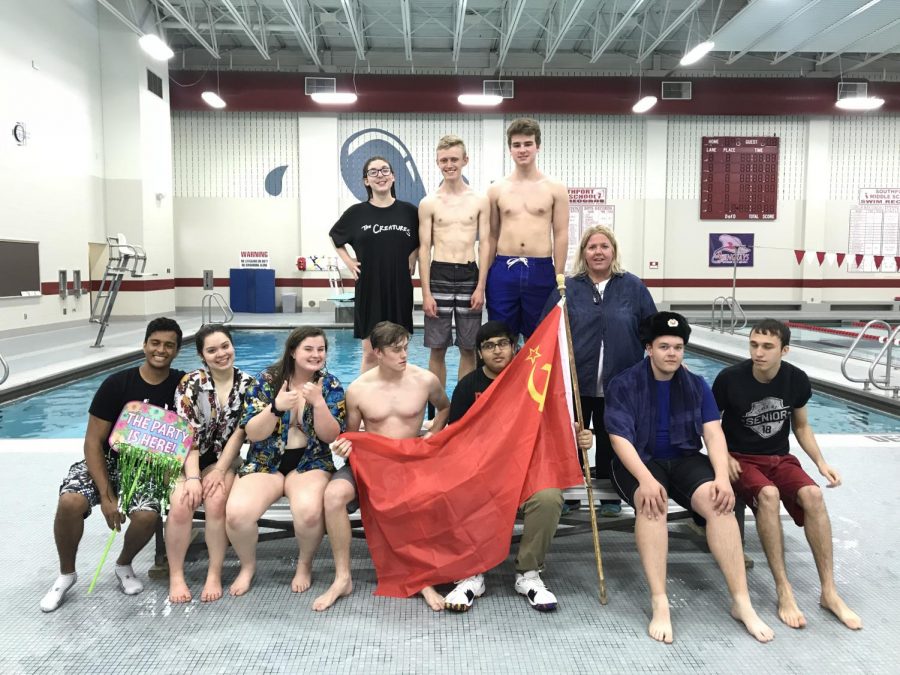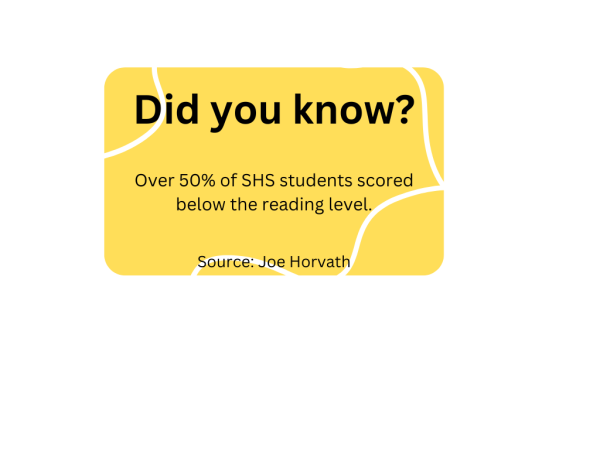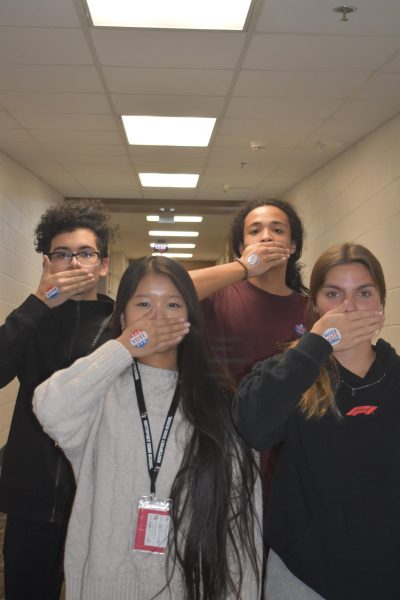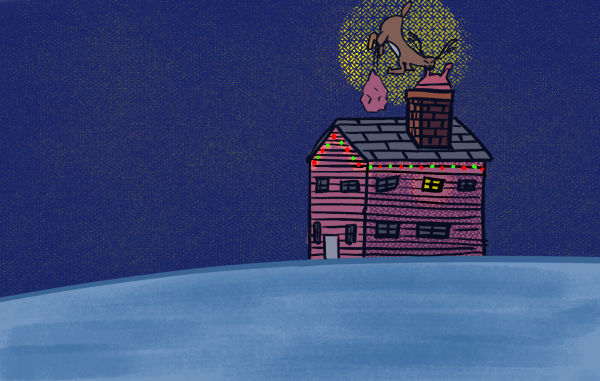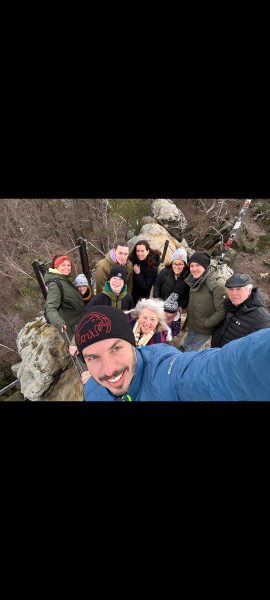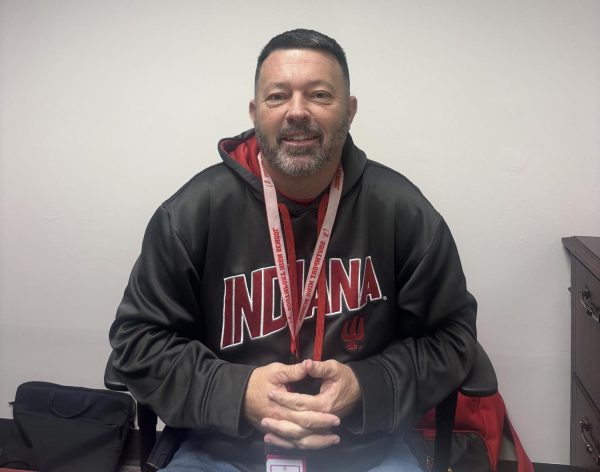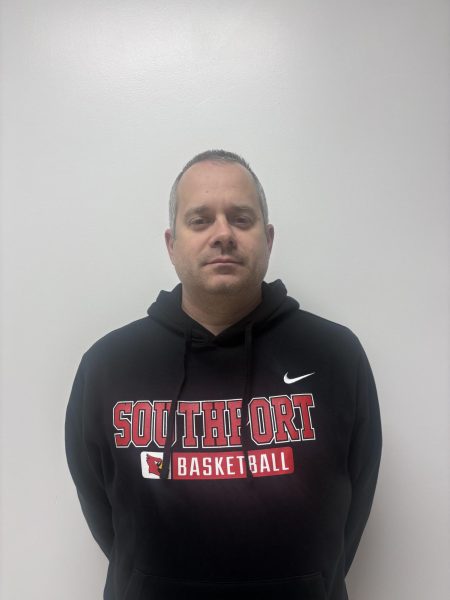‘Genius Projects’ challenge educators in the classroom
Teachers begin preparations for projects that must be innovative, take a risk and help students learn
With six weeks left in the 2015-2016 school year, it didn’t make sense to Principal Brian Knight to implement a new reading strategy. Instead, the idea for “Genius Projects” was born.
While Knight was principal at Southport Middle School, he started the basis for “Genius Projects,” an opportunity for teachers to be challenged in the classroom. Even after moving to SHS, Knight continued these projects. Although the projects were not required every year, they will be required this year, and teachers are beginning preparations.
“It’s not what you know now, it’s what you can do with what you know,” Knight said.
According to Knight, the projects are a chance for teachers to pursue things that they want and to give them a choice on what they do in the classroom. Knight came up with three parameters for the projects: They must be innovative, they must take a risk and they must meet the needs of their students. This year teachers were also challenged to work with other departments. Knight says he wants teachers to try new things even though it might not work out and hopes that mentality will trickle down to students.
“When we give people the opportunity, I think they often defy our expectations,” Knight said.
One teacher taking advantage of the opportunity is social studies teacher David Luers. He will be working with teachers from the English Department to discuss inequality in literature. Luers feels that these projects will be useful. For Luers, the projects provide an opportunity to be more creative, take risks and to do things he wanted to do but felt that he couldn’t. Luers says that the project may provide an opportunity to include something in class that might not have fit with the lessons before.
Along with Luers, science teacher Stacey Matlock likes the idea of the the projects. When challenged with her first project two years ago, she decided to do boat races. Matlock says it was always something she wanted to do but didn’t take the time to plan it out. Now it is a part of her class. This year, Matlock will be working with other teachers in the Science Department and some teachers from the Math Department to discuss failure in the classroom. She hopes to help students understand that failure isn’t always bad through her project.
“We’re talking a lot about failure as a good thing because that’s how you learn and that’s how you get better,” Matlock said.
According to Knight, teachers will have a fair, similar to a science fair, in which they share what they did in their classes with other teachers at the end of the year. The staff will be split in half and will take turns walking around and learning about other projects.
“It’s a different relationship piece than we get,” Knight said. “You think of teacher and learner, and we forget that teachers are learners too.”
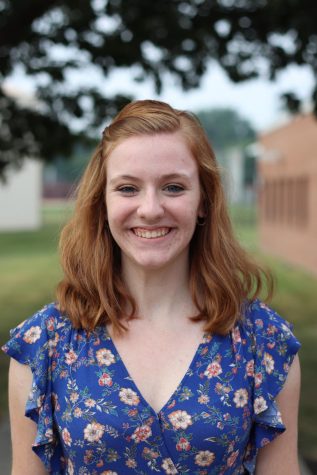
Hello! My name is Julia Brookshire and I am the Online Managing Editor this year for The Journal. My journey to this position has been in fast forward,...


